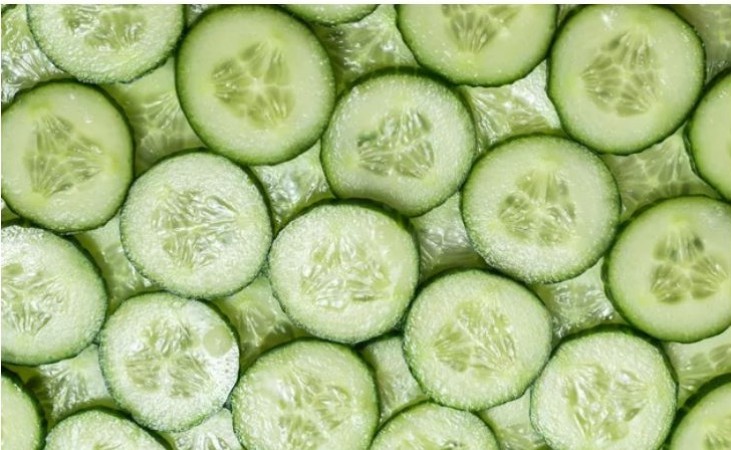
Cucumber, often lauded for its high water content and refreshing taste, is a staple in many diets worldwide. Whether enjoyed in salads, sandwiches, or as a standalone snack, this humble vegetable packs a nutritional punch and is especially beneficial during the winter months. However, despite its numerous health advantages, certain food combinations might not be the best match for this versatile veggie.
Benefits of Cucumber:
Before delving into the ideal pairings and foods to avoid with cucumber, let's explore its health benefits. Cucumber is renowned for its hydrating properties due to its high water content, making it an excellent choice for staying hydrated during the dry winter months. Its richness in electrolytes aids in replenishing essential minerals and contributes to muscle and nerve function.
Moreover, cucumbers are a low-calorie food packed with nutrients like vitamins K and C, potassium, and antioxidants, making them a valuable addition to a balanced diet. Their crunchy texture and mild flavor also make them a versatile ingredient in various culinary preparations.
Ideal Pairings:
Cucumber combines well with several foods, enhancing both taste and nutritional value. Some ideal pairings include:
Mint: The refreshing taste of mint complements the coolness of cucumber, making them a perfect match in salads, infused water, or cold beverages.
Lemon or Lime: Adding a squeeze of citrus to cucumber water or salads enhances flavor and provides a burst of vitamin C.
Yogurt or Greek Yogurt: Mixing cucumber with yogurt creates a creamy and nutritious dip or sauce, commonly known as tzatziki, popular in Mediterranean cuisine.
Dill or Parsley: Herbs like dill or parsley pair excellently with cucumber, offering a fresh and vibrant taste to salads or as a seasoning for cucumber-based dishes.
Foods to Avoid with Cucumber:
While cucumber is incredibly versatile, there are certain food combinations that may not be ideal for optimal digestion or health. Avoid pairing cucumber with:
Yogurt/Milk: Combining cucumber with yogurt or milk can potentially lead to digestive discomfort for some individuals, causing bloating or gas due to conflicting digestive processes.
Spicy Foods: Mixing cucumber with excessively spicy foods may lead to digestive issues, as the cooling nature of cucumber contrasts sharply with the heat of spicy dishes, potentially causing discomfort or indigestion.
Highly Acidic Fruits: Consuming cucumbers with highly acidic fruits like oranges or grapefruits might lead to acidity and digestive disturbances in some individuals due to conflicting pH levels.
Tomatoes: While cucumbers and tomatoes are often found together in salads, their differing digestive processes can lead to acidity or flatulence in some people, so it's advisable to consume them separately.
Incorporating cucumbers into your diet can be highly beneficial, provided you pay attention to compatible food combinations. Experimenting with different pairings can elevate the taste and nutritional value of your meals while ensuring optimal digestion and overall health. Remember to listen to your body's responses to different food combinations to find what works best for you
Don't be Afraid of Rambutan: Know its Varied Health Benefits
Say Goodbye to Dry Winter Skin: Essential Tips for Healthy Skin Care
How to Prepare Delicious Puri With Rice Floor, Here's the Recipe